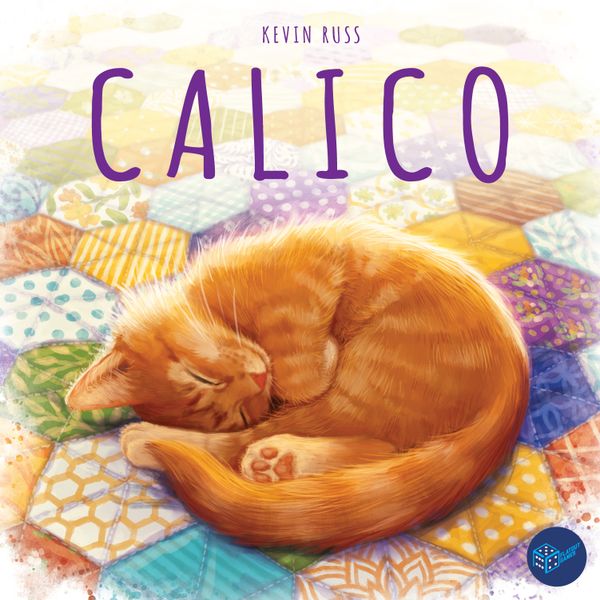Agricola Season 16 Online
Tournament
Season 16 Standings
As games end the standings are updated. See how each league is doing and check on your friends and rivals. You can see lifetime standings HERE.
If the frame below is hard to read on your device follow the link:
Tournament Results
Report Season 16 Agricola Online Tournament Game Results
Record the results at www.meepleleague.club
Game Assignments
Your Season 16 Game Assignments will be on www.meepleleague.club when the season starts. You should also receive an email from the GM. All the game assignments are available below when the season starts.
This Agricola league uses the online implementation of the Revised Edition of Agricola at www.boardgamearena.com. Games must be created with the Tournament mode setting (which just means the banned list used in most tournaments is implemented) and “Draft 7” will be used to distribute occupations and minor improvements from all 3 of the implemented decks: E, I, and K, though there are a few cards from the printed version of the game that have not been implemented (see the article about online Agricola).
Be sure to name the game using the game name below and invite the other players listed. Any player may set up the game, but the winner of each game is responsible for entering the results using the form further down the page.
If you have trouble reading the iframe, click on the title below to open it in its own tab.
Game Assignments
Sign Ups Closed for Season 16 of
Agricola Online Tournament
Sign ups for the next season will be available on:
bucketofdice.com
Make sure you have an account on:
If you don’t already have one, create an account for the sign up system the Meeple League is using. Be sure to add your boiteajeux user name (and any others you have) to your account.
When you login you will see all the events open for sign up.
Players are sorted into groups of 7 players based on previous results. In a season, each player plays in 4 games. Each other member of your group will be in 2 games against you. See scoring rules below.
Divisions are based on previous Season results. New players enter at the bottom level for their first season.
Our Agricola tournaments use the online implementation at www.boardgamearena.com. Drafting is used.
You’ll receive a notice in your email once the pairings are ready. If you do sign up, you are committing to checking the website a couple of times on most days (it’s OK if something comes up every once in a while, or if you’re out of town for a weekend (for example), but in general we’re hoping game lengths will be measured in weeks not months.
Previous Season Results
The results of the last season (15) are here. The overall standings are on a separate page. Please see the menu under Standings.
If the frame below is hard to read on your device follow the link:
